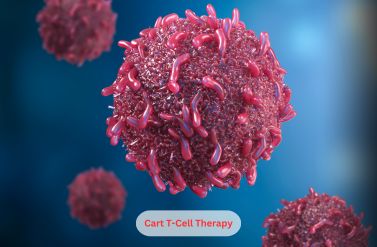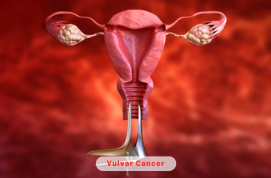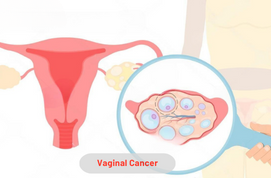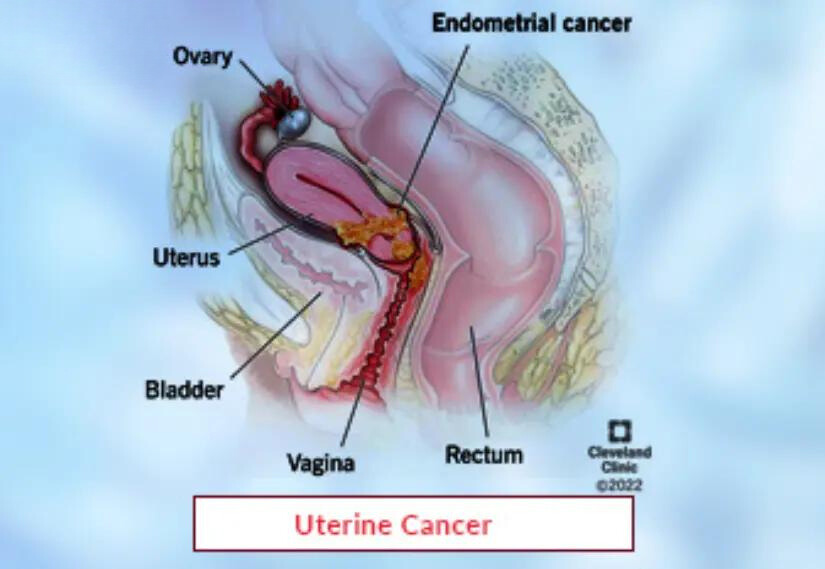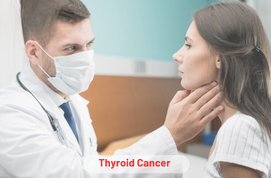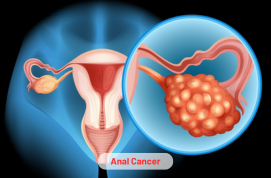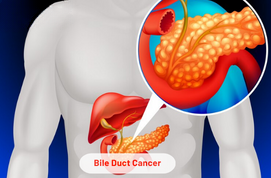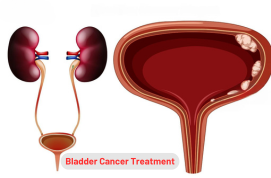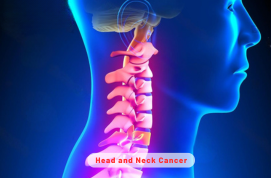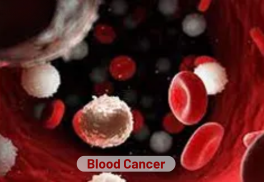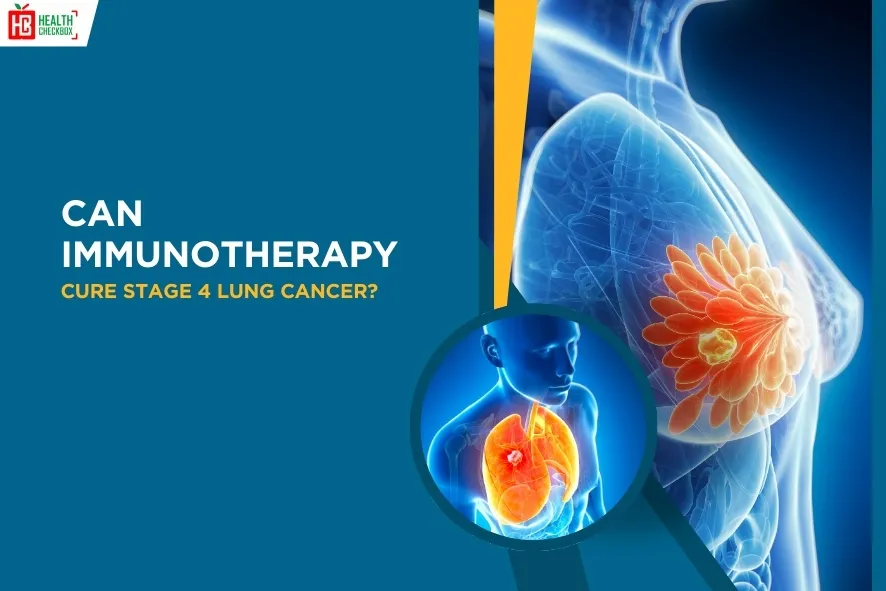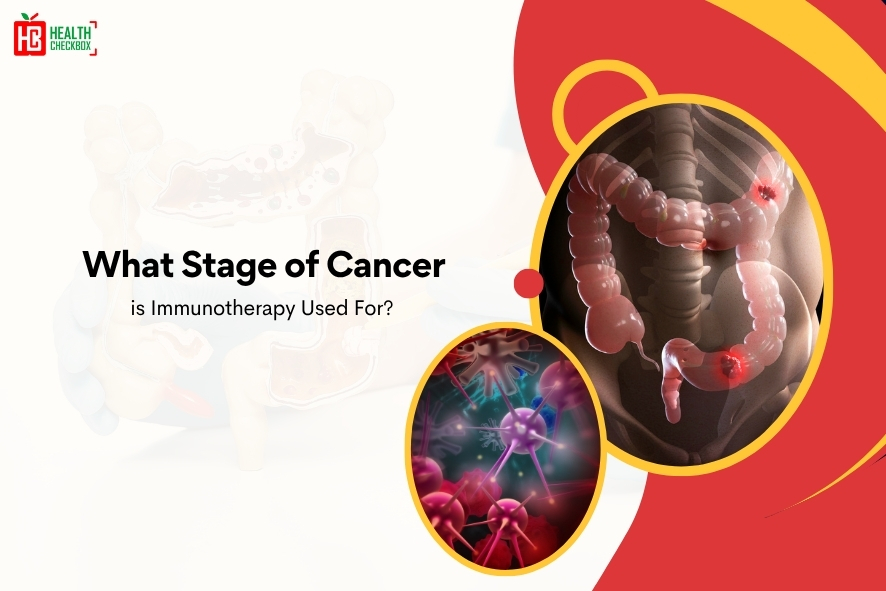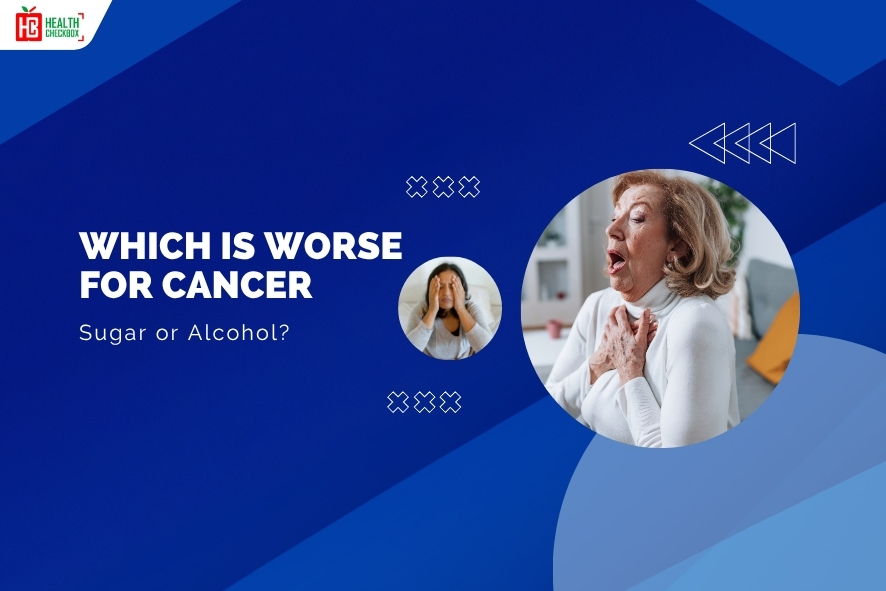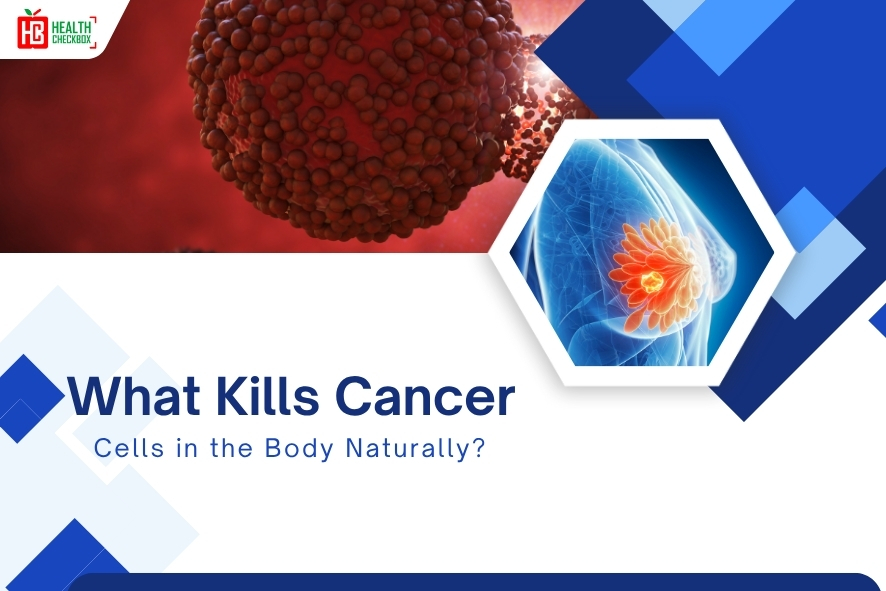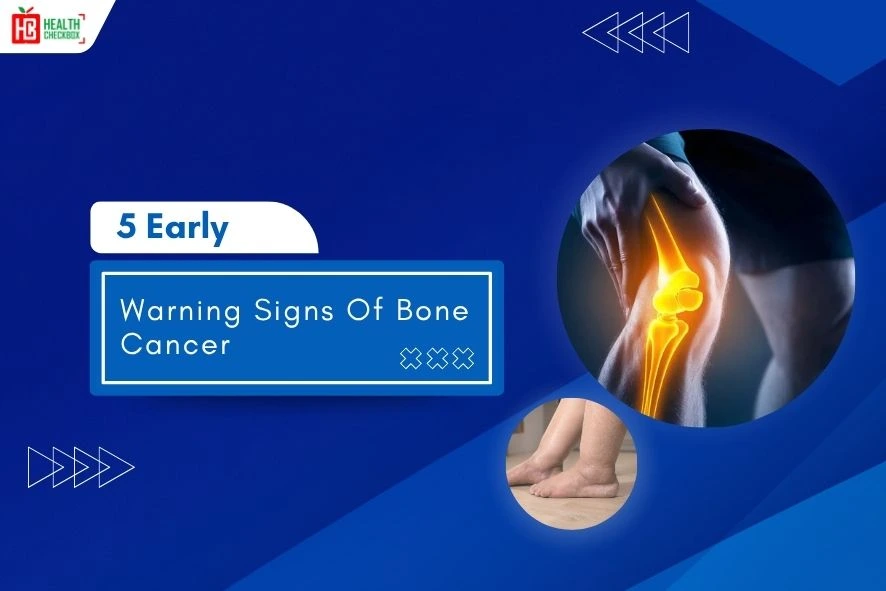Chemotherapy is a medical process used to treat cancer patients. It is a drug treatment put in the body through ejections and IVS. Chemotherapy comprises strong vital drugs which diminish cancer cells from the body. Developing multiple abnormal cells are the main cause of any kind of cancer in individuals. Hence, medical experts opt for chemotherapy treatment after examining the patient’s condition and illness stage as well.
Chemotherapy is an effective method to reduce cancer causing cells, however, it may include side effects too. When unhealthy cells over develop and divide uncontrollably then the condition causes numerous health issues which are detected through cancer symptoms. Chemotherapy kills those cells and prevents them from multiplying. Doctors may apply this cancer treatment on patients before and after the surgery according to the patient’s condition.
Types of Chemotherapy
Chemotherapy is used in treating cancer patients to destroy the effectiveness of harmful cells that are taking place in the body and causing cancer tissues. There are various types of chemotherapy which are mentioned below:
Systemic Chemotherapy
This is a well known chemotherapy method that involves a combination of drugs given to the patient in the form of pills and injections into veins. After that, drugs start to process and reach cells through the blood. This systemic method involves chemotherapy drugs which narrow downs the widespread of the illness from reach of the other parts of the body.
Regional Chemotherapy
This chemotherapy treatment directly applies onto the specific part of the body where the cancer is found. For instance, if someone is going through Ovarian Cancer, doctors will eject it into the abdominal cavity in order to specifically target cells. This reduces side effects and also decreases spread chances in other parts of the body.
Adjuvant Chemotherapy
It is given to the patient after surgery to reduce the recurrence changes of unhealthy cancer cells in the body. This also ensures to remove those cells which are not detected through microscopes and remain after the surgery. This chemotherapy aims to prevent the chances of cancer coming back .
Neoadjuvant Chemotherapy
This type of chemo applies before surgery to shrink the form of tumor, making it easier to diminish. Thus, this chemotherapy eases the work of doctors and also increases the success chances of the surgery.
Palliative Chemotherapy
When changes are lowered to overcome the illness, palliative chemo is used to provide relief to symptoms and improve the condition of the patient. It aids in managing pain and other symptoms.
Conventional Chemotherapy
It encounters cancer causing cells which are continuously growing and dividing. However, this type of chemo sometimes attacks both healthy and unhealthy cells, leading to side effects such as hail fall, dizziness, pain and continuous nausea.
Targeted Chemotherapy
This kind of chemo involves various drugs that targets cancer cells along with less impact on healthy cells. It acts through attacking specific chemicals and molecules that are responsible for harmful cell development.
Pros and Cons of Chemotherapy
Chemotherapy Benefits
Chemotherapy treatment is an effective method to treat cancer. It is administered by doctors to patients all around the world. There are several advantages of taking chemo, some of are given below:
- Prevent Widespread: Preventing the widespread of cancer, it can be treated throughout the cancer cells in the body. This also ensures the surgery success changes and decreases the widespread of cells in the other part of the body.
- Ensure Recurrence of Cancer: Ensure recurrence changes by killing the harmful cells that might be spread in the body but not detected by the doctors.
- Provide Treatment Option: Chemotherapy provides options to the doctors and the patients as well as per their cancer stage and over all conditions to treat the cancer efficiently.
- Combines Treatment: It can be used with combined treatments like radiation therapy and surgeries. It effectively works and supports other treatment methods.
- Kill Unhealthy Cells: Chemotherapy is an effective way to kill rapidly growing unhealthy cells and control the cancer condition in the patient.
Chemotherapy Side Effects
Chemotherapy treatment is an good option however in some cases it can cause further health complications like anemia, heart and kidney problems and infections too.
Not Sure to be Effective in all Cases: Every person’s body varies and acts differently when consuming medicines. Hence, it may remove cancer cells or tumors from the body but not completely eliminate it in some cases.
Affects Life: It may also leave side effects and impact quality of life. This might include facing difficulty while performing heavy tasks, emotions and can cause infections as well.
Doctors Frequent Visits: It also requires continuous checkups and regular visits in order to check the condition and well-being, which takes time and a lot of patience and becomes a hassle.
Chemotherapy Drugs
Chemotherapy drugs are strong vital drugs that are specifically used to treat certain types of cancers. They act on rapidly growing unbalanced harmful cells which are causing cancer. Following are the brief information about chemo drugs, each drug works differently and may be used in combination or alone.
- Alkylating Agents: This drug works in destroying the DNA of cancer cells and prevents the reproduction of them. For example, cyclophosphamide and melphalan. These are most often used to treat leukemia and lymphoma.
- Antimetabolites: These drugs are more similar to natural substances that support healthy cells to grow, they trick cells into using them instead. For example methotrexate and 5-fluorouracil used in treating breast cancer and colorectal cancer.
- Plant Alkaloids: These are drugs derived from certain types of plants and used in the treatment of lung and ovarian cancer. Example drugs are paclitaxel and vincristine, these stop production of cancer cells.
- Antitumor Antibiotics: These kinds of drugs work in destroying DNA of harmful cells and prevent cancer in the body. Doxorubicin and bleomycin are popular examples of the drugs mostly used in breast cancer treatment.
- Topoisomerase Inhibitors: These drugs involve enzymes needed for DNA replication in cancer cells. Examples are irinotecan and etoposide, used for colon and lung cancers.
- Hormone Therapies: These drugs treat those types of cancer that are impacted by the hormones, for example breast and prostate cancers. These restrict the body’s natural hormones or reduce their level to prevent the widespread of the illness.
Chemotherapy Procedure
Chemotherapy require lot of planning and administration under the guidance of consulted doctors, some necessary steps of this procedure are as follows:
Planning and Preparation
Before going for chemotherapy, the doctor will evaluate all health and condition and which cancer stage the patient has. For this they do blood tests, X-rays and also check previous medications. And also know if patients have any specific allergy or other health complications. Then proceed for the procedure.
Administered under the eye of a Doctor
Chemotherapy can be provide to the patient in multiple forms:
- Intravenous IV: Chemotherapy is usually injected through injections into veins through needles. In this procedure drugs travel through veins and enter in the bloodstream.
- Oral Form: Some Chemotherapy drugs are available in the form of pills and liquid formulas, these are taken by the mouth and absorbed in the body through the digestive system.
- Topical: Few Chemotherapy drugs are applied directly on the skin as per the condition of the patient. These are available in the form of creams and ointments.
- Injections: Most of the chemo drugs are given by injection on muscles and skin.
Scheduled Treatment
The chemotherapy procedure is done in a cycle. Each cycle requires a pause period of treatment and some specific tests. This cycle is designed to notice the recovery of the cancer patient. Scheduling depends on how the body works and type of cancer.
Regular Monitoring
Throughout the cancer treatment doctors monitor the patient’s condition from time to time. This may include blood tests, drugs effectiveness, patient’s well- being and how the body is reposing to the given drugs. Doctors also do medicine adjustments as per need.
Side Effect Management
Chemotherapy procedures can lead to side effects as well in some cases, like infection, hair loss, dizziness and diarrhea. Hence , it is also necessary to manage side effects.
Latest Health Tips
Can Immunotherapy Cure Stage 4 Lung Cancer?
Early Signs of Cervical Cancer
Foods that Kill Cancer: Leafy Vegetables, Grains, & More
What Stage of Cancer is Immunotherapy Used For?
Which is Worse for Cancer, Sugar or Alcohol?
Vaccines That Prevent Cancer
What Kills Cancer Cells in the Body Naturally?
Early Warning Signs of Bone Cancer
Submit Your Enquiry
Testimonials









